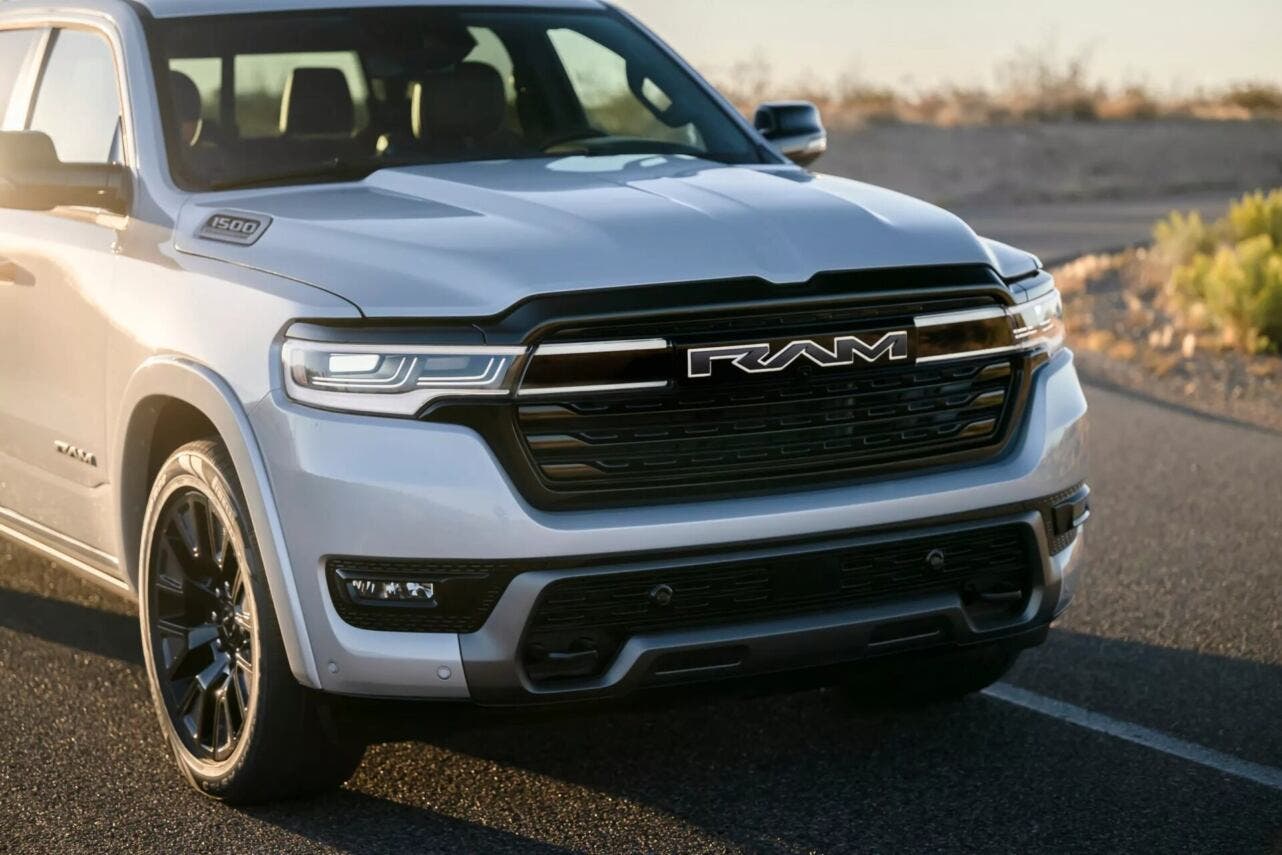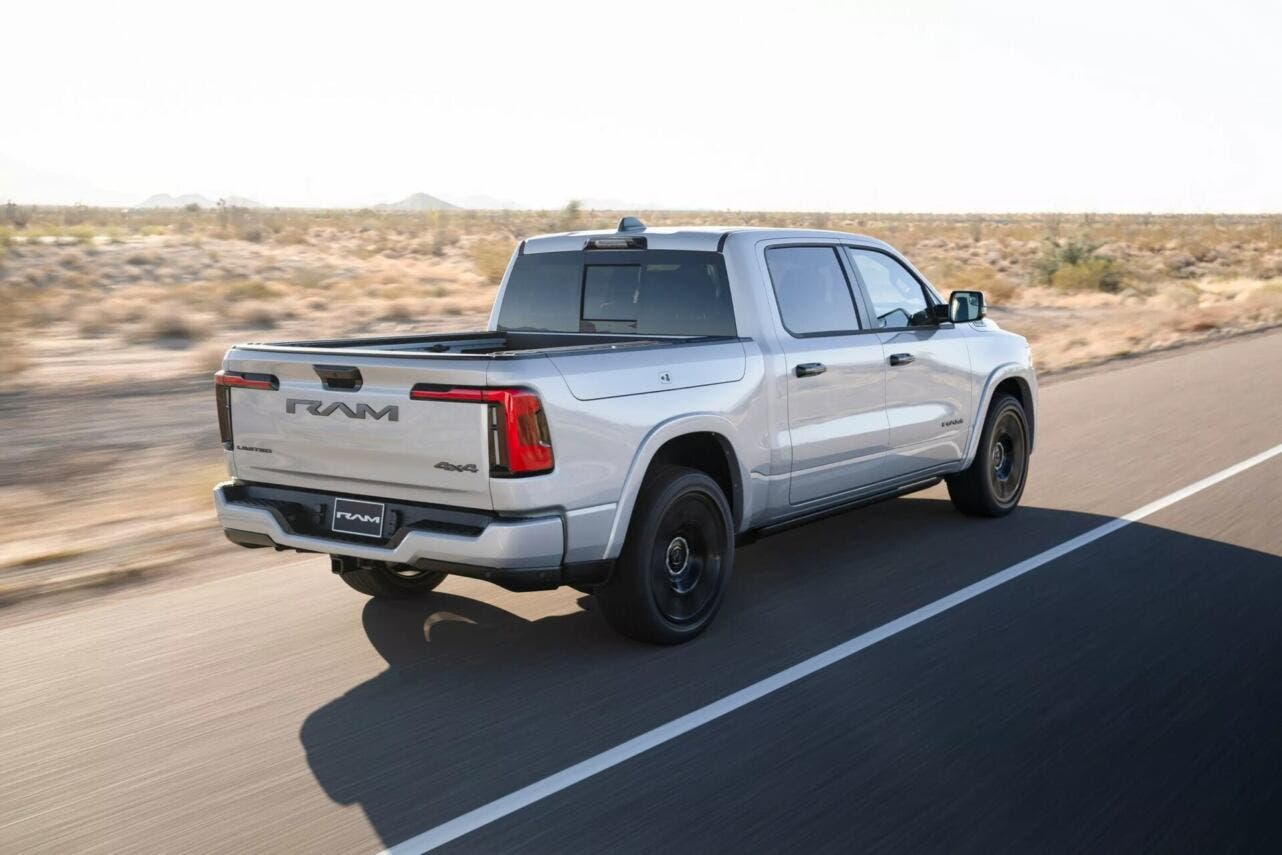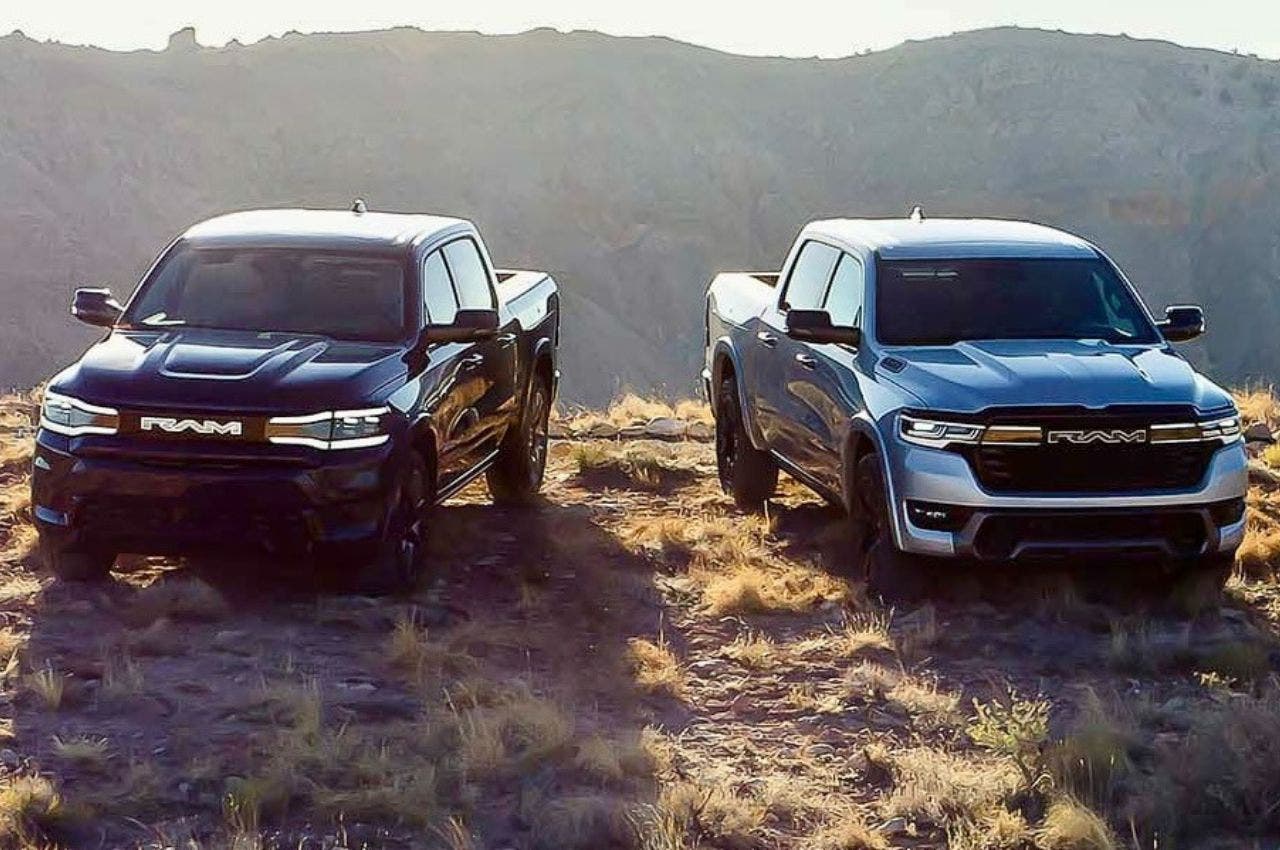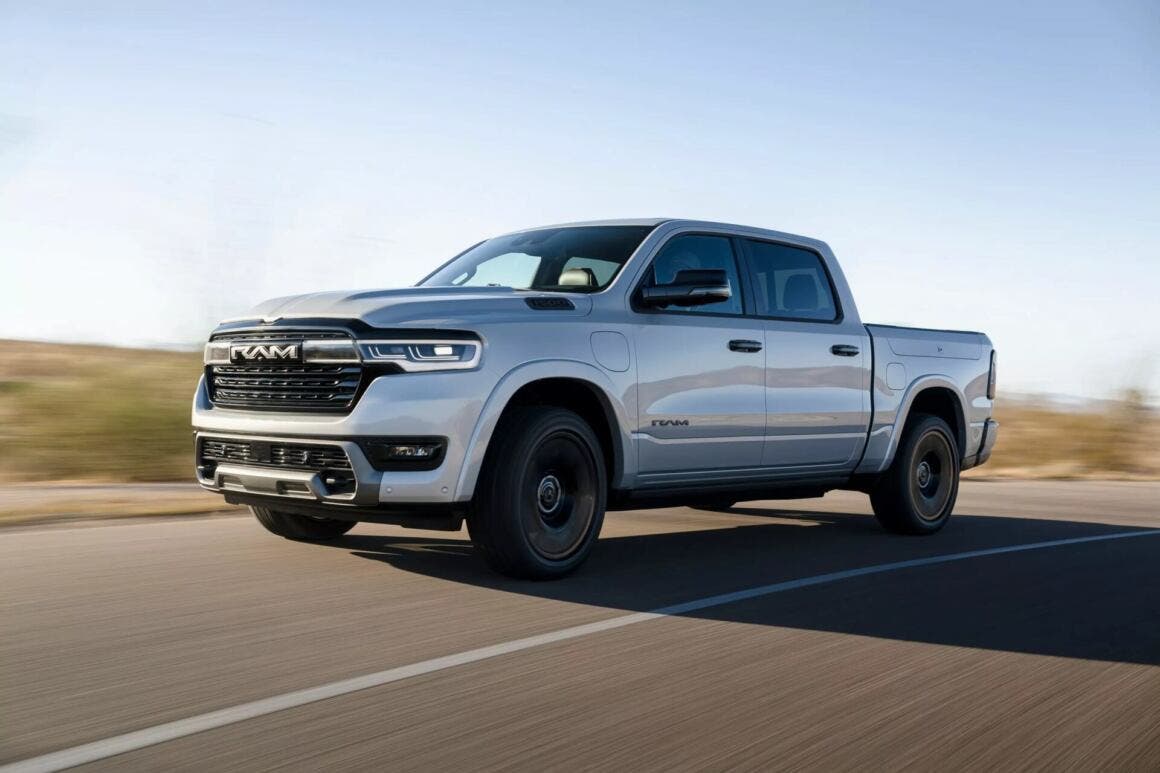Ram CEO Tim Kuniskis is questioning current electric pickup market trends, exploring what consumers truly want. During an in-depth interview with Newsweek, Kuniskis shared his thoughts on the challenges Ram faces with the launch of the 2026 Ram 1500 Ramcharger. “In the transition to electrification, we’ve invested over half a trillion dollars,” Kuniskis revealed. “In current terms, that’s more than double what we spent on the moon mission. Sounds absurd, doesn’t it? But it was necessary to comply with regulations. The question is: which regulations exactly?”
Ram 1500 Ramcharger: the CEO admits the pickup could be the “right product”

Even for an automotive industry veteran like Kuniskis, the regulatory framework is extremely confusing. “It’s like playing three-dimensional chess,” he explained. “But every player, every piece on the board is a king giving orders. Is it the administration? The regulators? The dealers? Non-governmental organizations? Or maybe the customer? Once it was like that. But now, is this how it should work? I’m not sure.”
At the center of this uncertainty lies the new 2026 Ram 1500 Ramcharger, a vehicle that abandons traditional gasoline-only power without fully embracing electric. The Ramcharger represents an innovative synthesis: it runs electrically until the battery is depleted, at which point a gasoline V6 engine activates, not to directly drive the wheels, but to act as a generator to recharge the battery.
Under ideal conditions, the Ramcharger promises a range of up to 690 miles (about 1,110 km), significantly higher than most electric pickups currently on the market. This is a significant advantage for those who fear range limitations and the lack of charging infrastructure.

Kuniskis addressed the economic aspect without filters. The cost of batteries represents the main gap between traditional and electrified pickups. “The REV model used a 229 kilowatt-hour battery. Calculating roughly $100 per kWh, we’re talking about $23,000 just for the battery,” he specified. “The standard-range version of the REV has a 168 kWh battery, equivalent to $17,000.”
The Ramcharger’s battery, at 92 kWh, is significantly smaller. “From the beginning, the cost base will be between $8,000 and $14,000 lower than other options,” Kuniskis emphasized. “And this is considering $100 per kWh. If the cost were higher, the economic advantage would be even more marked.”
Ram‘s long-term goal is to reduce battery costs to $50 per kWh. Although some manufacturers claim to have already broken the $100 threshold, Kuniskis implied that Ram hasn’t yet reached this milestone.
For Kuniskis, the fundamental question isn’t whether electric pickups should exist, but whether automakers are developing the appropriate electric models. “In the complicated game of three-dimensional chess, there’s a decisive element: the product. Nothing else matters,” he stated. “If you create the right product… everything else becomes much simpler.”

The Ramcharger could represent exactly that “right product.” It simultaneously addresses issues of cost, range, charging infrastructure, and operational capability, while still guiding the brand toward an electrified future.
Those who buy an electric pickup want concrete answers, not just technical specifications. “How do I charge it? How long does it take? Does the necessary infrastructure exist where I live and work?” Kuniskis asked. “And in terms of capability? Can it actually perform the functions that a pickup owner requires, both for work and leisure?”
These considerations explain why Ram is firmly focusing on a hybrid product. Among all the factors at play, according to Kuniskis, cost remains a priority: “It’s what everyone talks about. It’s what currently determines the dynamics of the sector.”
Initially, the fully electric Ram 1500 REV was supposed to be the protagonist. However, its launch has been postponed to late 2026. The Ramcharger, on the other hand, has moved up its timeline and should be available at dealerships by the end of this year. According to the Ram CEO, the 2026 Ram 1500 Ramcharger is not simply another electric pickup, but a strategic response to a series of complex issues, problems that Kuniskis himself admits have no immediate solutions.
“We face multiple challenges: cost, charging capability, and range,” he concluded. “It’s an extremely intricate network. But if we can create the right product, maybe we have a chance at success.”
